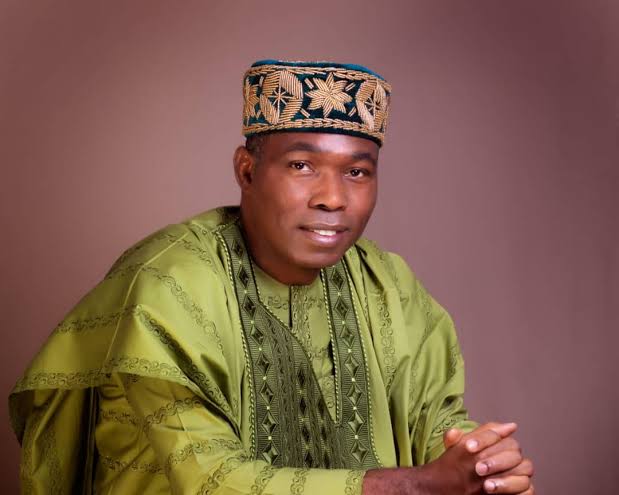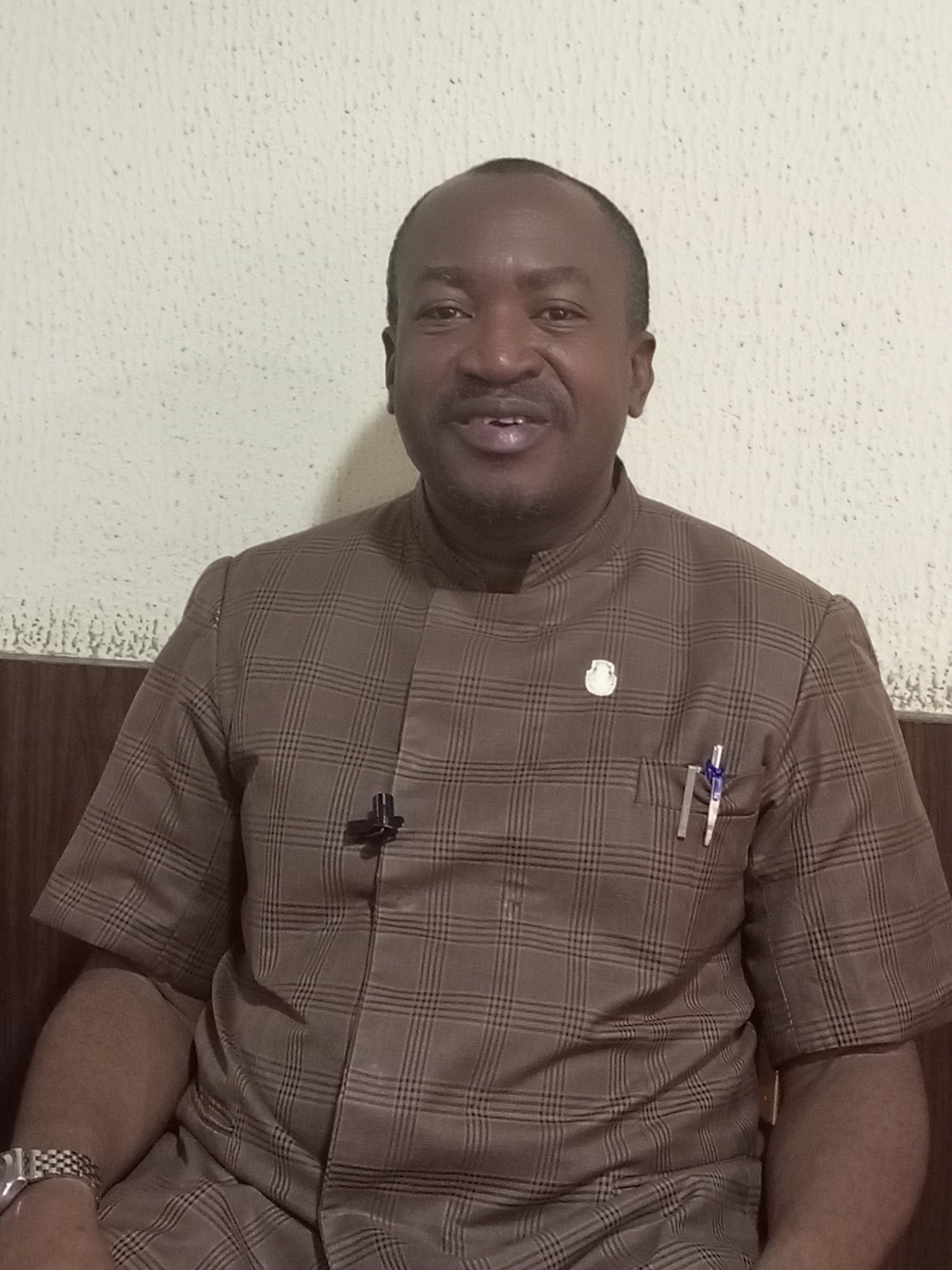House of Representatives member Dr. Ghali Mustapha Tijani, representing the Albasu/Gaya/Ajingi federal constituency of Kano State, has voiced his opposition to the Tax Reform Bills, describing them as anti-masses and capitalistic
Excerpts from the interview:
What’s your take on the tax reform bills being deliberated by the House?

Well, this is a national issue currently under discussion, though it has yet to be fully debated in the National Assembly or the House of Representatives. We know it has gone through its first reading, and this is the second reading. We also understand it is an Executive Bill.
Many members, including myself, have opinions on it. I took time to review the four bills thoroughly to understand their implications. With my background in finance, particularly as a student of International Corporate Finance, I can say with confidence that these bills are not in the public interest. They are not pro-masses; they are capitalist bills. As such, I, Dr. Ghali Mustapha Tijani, reject them. I am in Parliament to ensure my people are well represented and that Nigerians receive the dividends of democracy. These tax reform bills, however, are designed to burden the poor.
When you say the bills are anti-masses and capitalistic, can you elaborate?
This approach represents lazy thinking. Nigeria has many untapped opportunities for generating revenue. For instance, our mineral resources sector has not been adequately developed. If the government is serious about revenue generation, it should invest in mining and other resource-based sectors.
Moreover, Nigeria loses a significant amount of money through tax evasion and transfer pricing manipulation. Instead of creating new taxes, the government should focus on plugging these leakages. Taxing more people or companies will ultimately harm the economy by discouraging investment and job creation.
Some believe the tax reform bills are targeted at the North. Do you agree?
There are sentiments that suggest so, but I believe the crafters of this bill failed to understand Nigeria’s diverse economic structure. The bill was crafted with a narrow perspective and does not reflect the realities of the Nigerian economy.
The Northern Governors Forum has already expressed opposition to the bill. If this reform were beneficial to their states, they would have supported it. Their rejection shows it is not in their people’s best interest. I align with their stance.
You mentioned the Nigerian Governors Forum several times. Can you clarify their role?
The Nigerian Governors Forum, and specifically the Northern Governors Forum, understands the intricacies of our economy. They meet regularly to discuss the allocation of resources and have firsthand knowledge of the tax system. Their rejection of these bills underscores the fact that the bills are not in Nigeria’s best interest.
Do you believe the current tax regime needs reform at all?
No system is perfect, but those advocating for these bills have not provided any concrete evidence showing the current system’s failure. They have not conducted the necessary impact assessments. Reform should only be considered if there is clear evidence of systemic failure.
Furthermore, the proposed increase in VAT, from 7.5% to 15% by 2030, is alarming. It will undoubtedly affect the final consumer, especially since there is no effective mechanism to exempt low-income earners from the tax burden.
There are concerns that tax evasion is prevalent in the North. What’s your response?
Tax evasion is not a regional issue but a governance issue. It is the government’s responsibility to secure the borders and prevent tax leakages. The assumption that the North is evading taxes is unfounded.
Lagos, for example, benefits from its port, but the economic activities there involve all Nigerians—Northerners, Southerners, and others. Lagos was built by all Nigerians, and investment there reflects national contributions.
Are you under any pressure from Northern elites or the Presidency regarding your stance on the bill?
No one is pressuring me. I have a strong background in the private sector, and I base my decisions on intellectual analysis. This is my personal stance, and it is informed by my desire to protect the interests of the Nigerian people.
Do you believe the tax reform bills should be entirely discarded?
Yes, these bills should be set aside. The government should focus on critical issues like job creation, healthcare, education, and security. Implementing these tax reforms now will only worsen the current economic hardship. The government should consider granting tax holidays to small and medium-sized businesses to stimulate growth and create jobs.
What is your response to Davido’s comment about the economy being in shambles?
I agree with Davido. The economy is indeed in a dire state. Inflation is high, and government policies are not addressing the core issues. The focus should be on blocking revenue leakages, investing in mineral resources, and supporting small businesses to boost employment.
In summary, these tax reform bills are poorly timed and poorly conceived. The government should prioritize stabilizing the economy and addressing the urgent needs of Nigerians rather than imposing additional taxes that will exacerbate the current hardship.




I would like to thnkx for the efforts you have put in writing this blog. I am hoping the same high-grade blog post from you in the upcoming as well. In fact your creative writing abilities has inspired me to get my own blog now. Really the blogging is spreading its wings quickly. Your write up is a good example of it.
s6ddyw
x1o2b7
Nền tảng asia slot365 không chỉ là nơi cung cấp dịch vụ cá cược mà còn là điểm đến lý tưởng để giải trí và kiếm thưởng. Với giao diện thân thiện, hệ thống bảo mật tiên tiến và dịch vụ hỗ trợ 24/7, đảm bảo mang lại trải nghiệm mượt mà, an toàn và công bằng. Để bắt đầu, trang web chính thức, nơi cung cấp đầy đủ các dịch vụ và thông tin cần thiết.
xn88 link là một nhà cái cá cược uy tín mang đến cho mọi người không gian giải trí an toàn và trọn vẹn. Để giúp mọi người hiểu rõ hơn về nền tảng trực tuyến thu hút hàng nghìn người tham gia ngày, chúng tôi đã tổng hợp chi tiết thông tin quan trọng về sân chơi qua bài viết. Khám phá ngay!
66b app deegarciaradio.com trở thành địa điểm giải trí trực tuyến hàng đầu của rất nhiều hội viên trong giới cá cược online bởi mang lại thế giới săn thưởng sự mới mẻ, đặc sắc. Anh em khi tham gia sẽ được trải nghiệm từng cung bậc cảm xúc khác nhau.
Trong số các dịch vụ giải trí nổi bật mà game 188v cung cấp, chúng ta có thể kể đến: cá cược thể thao, trò chơi casino trực tuyến, xổ số và nhiều trò chơi điện tử khác. Tất cả những điều này được thiết kế để mang lại sự thư giãn và phấn khích cho người chơi, đồng thời cho cơ hội để thắng lớn.